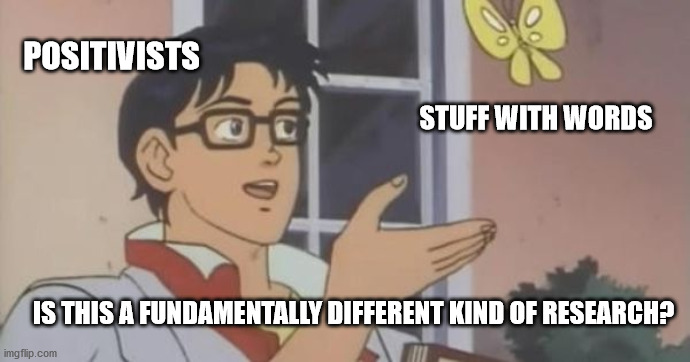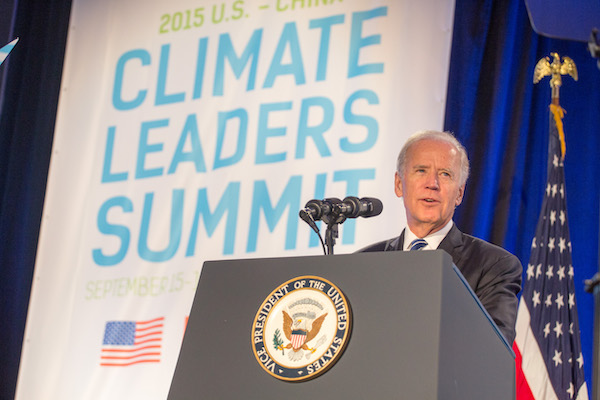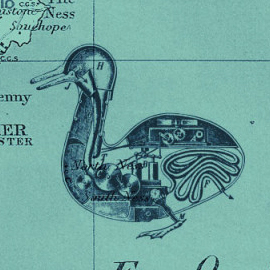Earlier this week, professional opinion-haver Tom Nichols posted a "short" Twitter thread complaining that the push to make IR a social science, combined with the dominance of realism, is leading to bad takes on Ukraine. Despite my mindfulness-inspired efforts to...





